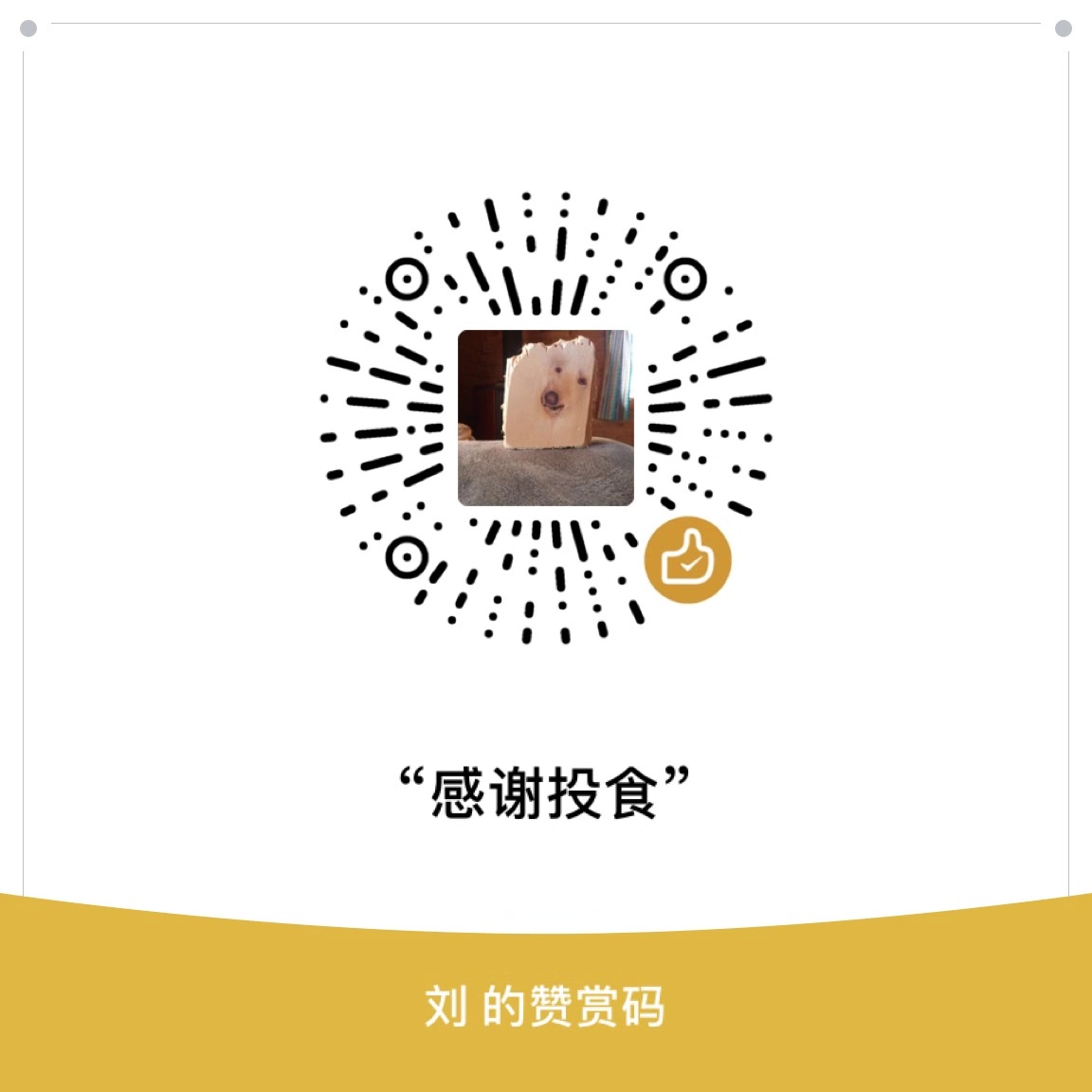在学习clojure中发现了很多语法同其他语言有很大差异,本篇主要记录了clojure相关的语法。
log
1 | (use 'clojure.tools.logging) |
并且可以直接输入多个入参1
2
3
4(let [str "abc"
_ (info str "d" )
])
=> abc d
->
以下是我在stackoverflow中搜索到的关于->的语法介绍,非常简洁易懂。
-> uses the result of a function call and send it, in sequence, to the next function call.
So, the easier example would be:1
(-> 2 (+ 3))
Returns 5, because it sends 2, to the next function call (+ 3)
Building up on this,1
2
3(-> 2
(+ 3)
(- 7))
Returns -2. We keep the result of the first call, (+ 3) and send it to the second call (- 7).
As noted by @bending, the accepted answer would have been better showing the doto macro.1
2
3
4(doto person
(.setFName "Joe")
(.setLName "Bob")
(.setHeight [6 2]))

